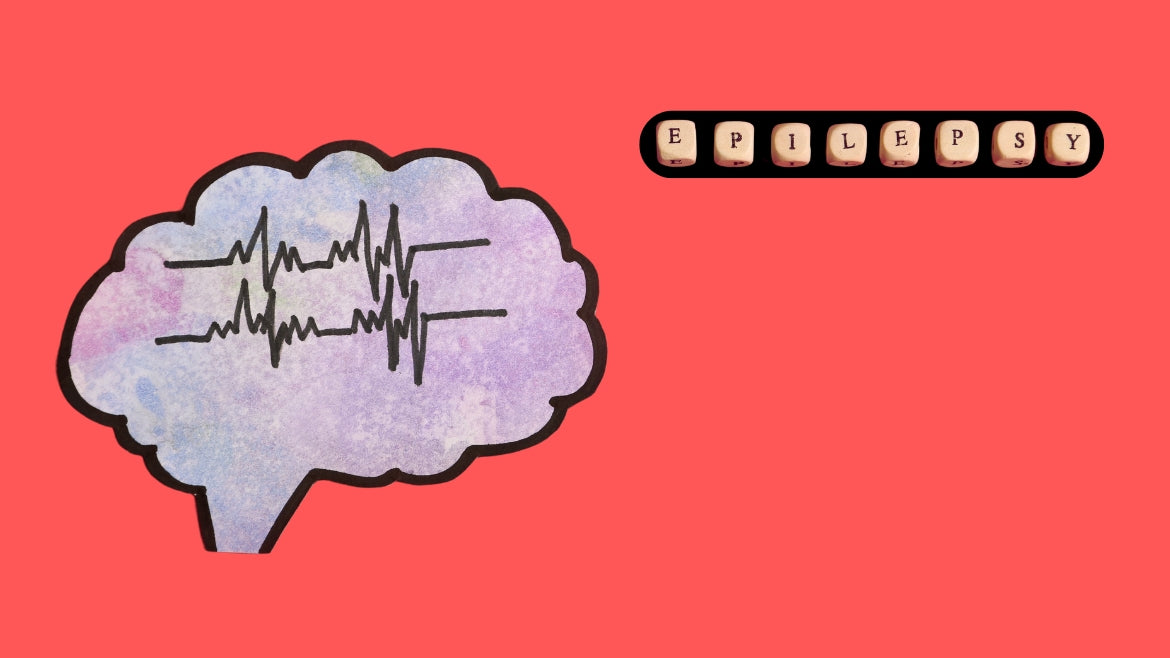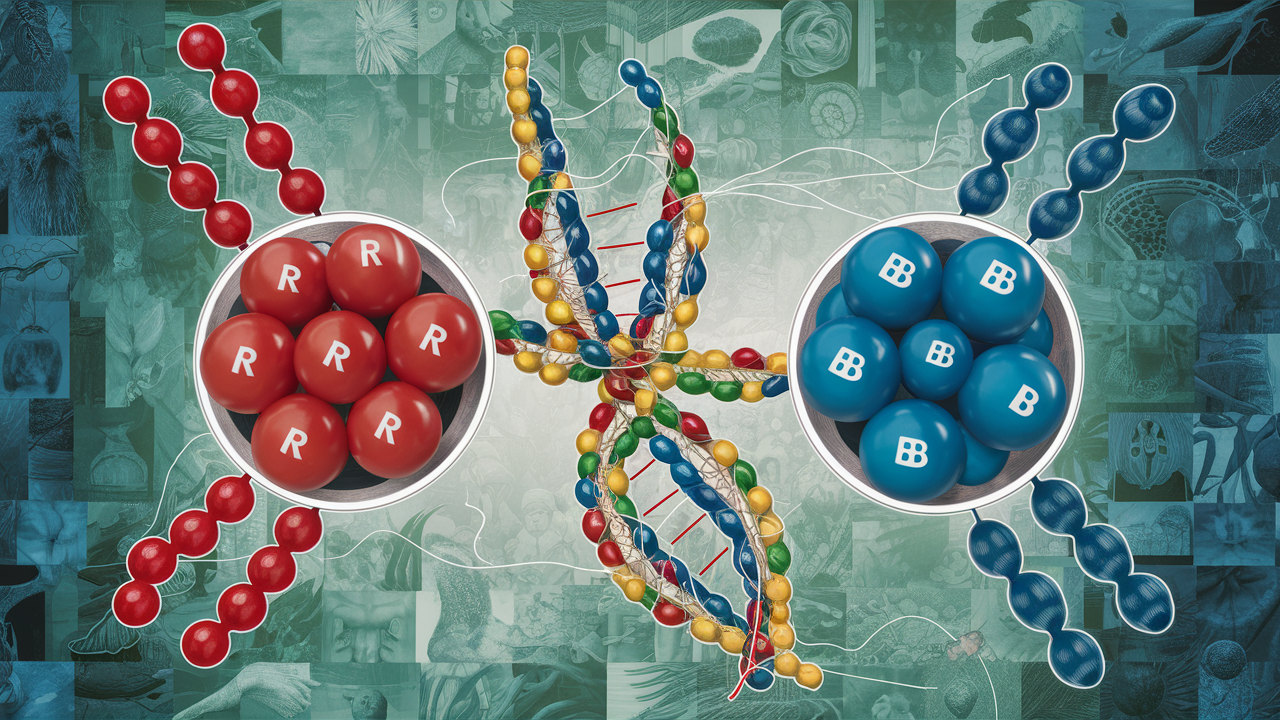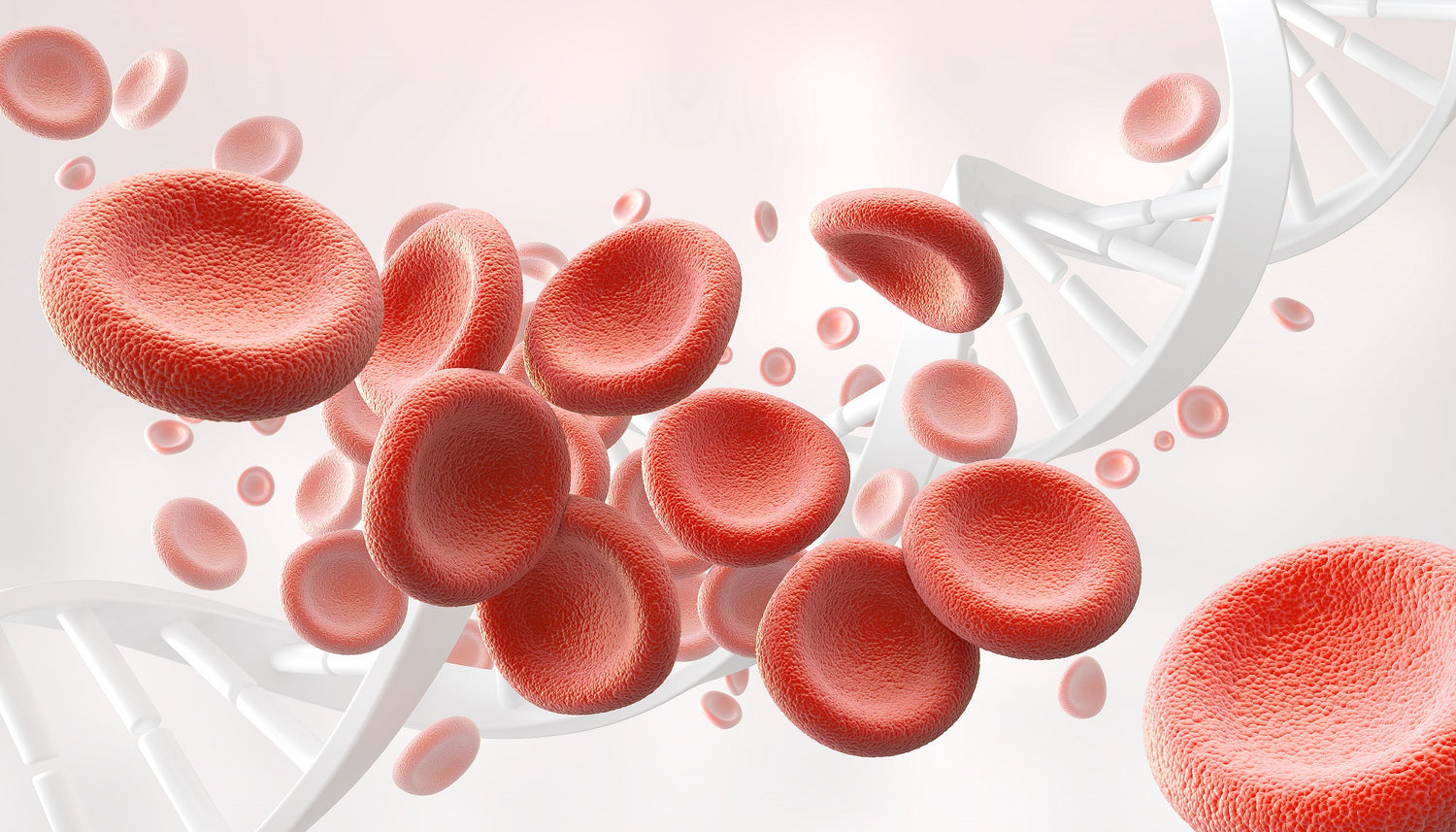Epilepsy is a complex neurological condition characterized by recurrent seizures, affecting millions of people worldwide. One of the most pressing questions for many individuals and families affected by epilepsy is whether the condition is genetic. The answer is not straightforward, as epilepsy is a multifaceted disorder with various causes, but genetics can indeed play a significant role.
Recent studies have shown that many types of epilepsy are linked to genetic factors. For instance, a large-scale study in 2023 found 26 genetic areas associated with epilepsy, with 16 being newly identified locations. Another study highlighted that children with a parent who has epilepsy are more likely to develop the condition themselves, especially if the mother is the affected parent. These findings suggest that while not all epilepsy is inherited, genetic predispositions are a significant factor in the development of the condition.
The Genetic Landscape of Epilepsy
- Inherited Epilepsy vs. De Novo Mutations
- Inherited Epilepsy: Certain types of epilepsy are linked to inherited genes passed down through families. These familial clusters highlight the role of genetic predisposition.
- De Novo Mutations: Spontaneous gene mutations, also known as de novo mutations, occur without being present in either parent’s genetic makeup. They emerge after genetic information is passed down. These mutations play a significant role in epilepsy development.
- The Multigenic Nature of Epilepsy
- While some epilepsies result from a single gene, most common forms involve multiple genes. Recent studies examining the entire human genome reveal fascinating insights:
- In a groundbreaking 2023 study, scientists identified 26 genetic areas associated with epilepsy. Sixteen of these were newly reported.
- Genetic generalized epilepsy showed a strong link to the most common genetic variants1.
- Family History and Risk
- Parental Influence: Children with parents who have epilepsy face a 2–10 times higher risk of developing epilepsy themselves. Interestingly, the risk is highest when the affected parent is the mother1.
- De Novo Dominance: Severe epilepsy forms often arise from de novo dominant genes, which rarely pass through families due to low fertility rates in affected individuals.
However, it's important to note that having a genetic predisposition to epilepsy does not guarantee that an individual will develop the condition. Environmental factors and other risk elements also play a crucial role. In fact, about 30% to 40% of epilepsy cases are thought to be genetic, and even then, the presence of certain genes only increases the risk rather than being a direct cause.
For those seeking to understand their genetic risk for epilepsy, companies like Mapmygenome offer solutions that can provide valuable insights. Mapmygenome is a leading genomics company that combines genetic health profiles, health history, and genetic counseling to offer personalized health solutions.
CASE STUDY 1
A 6 year old girl born to non-consanguineous parents presents seizures. Her developmental milestones were normal until 11 months of age. At 11 months of age, she had the first episode of febrile seizure. She is reported to have cluster seizures every quarter. She presents with communication issues and behavioral concerns. No episodes in the last year and half.
Genetic test by Whole Exome Sequencing identified a heterozygous genetic change in the PCDH19 gene called c.1091dup (p.Arg1109Ter) which causes Developmental and epileptic encephalopathy 9(OMIM * 300460). This variant is classified as pathogenic (disease causing).
What is PCDH19 related Epilepsy?
PCDH19-epilepsy is a genetic form of epilepsy characterized by treatment-resistant epilepsy that begins in the first year of life, often accompanied by differences in development and features of autism spectrum disorder. PCDH19-epilepsy mostly affects girls, although boys can have this condition as well. Seizures, usually starting between the ages of 3 months and 3 years (average age 9 months), are typically the first sign of PCDH19-epilepsy. Seizures often occur with illness or fever (called febrile seizures) and may be tonic-clonic seizures which involve convulsive movements (shaking) of the entire body. The seizures often do not stop on their own and may occur in clusters over a period of days or weeks. Many children experience long periods without seizures in between clusters. Most children experience some level of developmental delay or cognitive impairment, ranging in severity from mild to severe. However, typical developmental outcomes are seen in approximately 30% of individuals with PCDH19-epilepsy.
Many children with PCDH19-epilepsy also have:
- Decreased muscle tone (hypotonia)
- Behavior disorders, including ADHD or autism spectrum disorder
- Psychiatric illnesses, including obsessive-compulsive disorder, anxiety or schizophrenia, particularly later in life
Genetics of PCDH19 Epilepsy:
The PCDH19 gene is located on the X chromosome, which determines biological sex. Males typically have one X chromosome (and one copy of the PCDH19 gene) and females typically have two X chromosomes (and two copies of the PCDH19 gene). Males who carry only one copy of a PCDH19 mutation are typically unaffected, whereas females with a PCDH19 mutation will develop PCDH19-epilepsy. Approximately 95% of individuals with PCDH19-epilepsy are biologically female; 5% are biologically male.
In about half of all girls with PCDH19-epilepsy, the pathogenic PCDH19 variant occurred spontaneously (de novo) and was not inherited from either parent. However, in 30% of cases, the pathogenic PCDH19 variant was passed on from an asymptomatic carrier father. Males who carry a pathogenic PCDH19 variant, although not affected themselves, will pass on PCDH19-epilepsy to all of their daughters. In some cases, the pathogenic PCDH19 variant has been inherited from a mother who may or may not have a history of seizures.
In conclusion, while genetics can influence the risk of developing epilepsy, it is one of many factors that contribute to the condition. Understanding your genetic makeup with the help of services like those provided by Mapmygenome can empower you to take charge of your health and potentially mitigate the risks associated with epilepsy. For more information on how Mapmygenome can assist you in your health journey, visit their website diagnostics.mapmygenome.in







